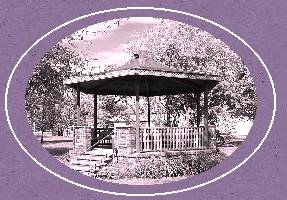
|
About
Euclid
Country : United
States of America
State : Ohio
County : Cuyahoga
Population:52.717
( 2000 US Census
)
|
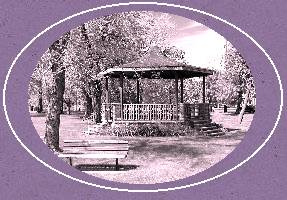
|
The city
of Euclid, Ohio, shares a portion of its border with Cleveland ( its larger
neighbor to the west) although about twelve miles separate the centers
of the two cities. Euclid Township was one of the earliest townships to
be settled in the lands of the Western

|
Reserve
when it was acquired by 41 members of the original Connecticut Land Company
survey party led by Moses Cleaveland in 1796.
|
They named
it “Euclid” after the Greek mathematician. Euclid Township was not formally
incorporated with the State of Ohio until 1809, however. At the time,
it had a larger population than Cleveland and seemed destined to become
the dominant settlement along the shores of Lake Erie.
|
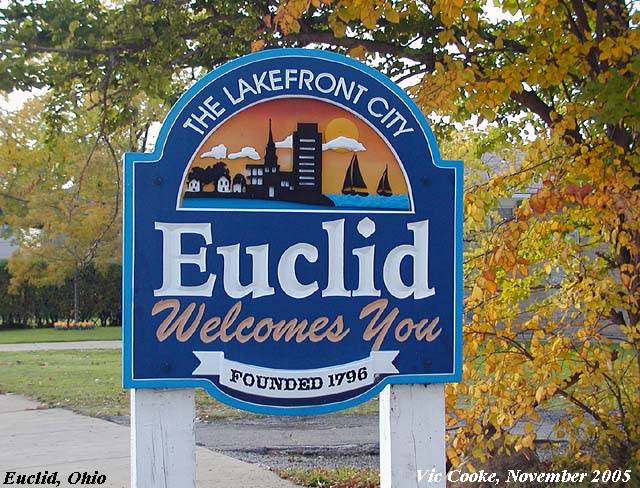 |
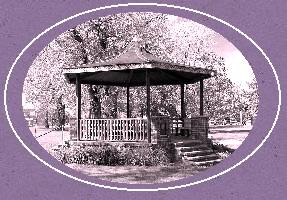 |
Ultimately,
however, the river port at Cleveland and completion of the Ohio Canal in
1827 proved to be stronger catalysts for nearby growth, and Euclid's early
importance faded.
|
|
One
of Euclid’s most notable residents was Charles Brush, who perfected the
electric dynamo and invented the arc lamp in 1876. In 1879 Cleveland became
the first city in world to employ this method for street illumination at
night, and soon after many other cities in the U.S. and Europe adopted
the same technology.
|
An amusement
park at Euclid patterned after Coney Island in New York changed ownership
in 1901 and was renamed Euclid Beach
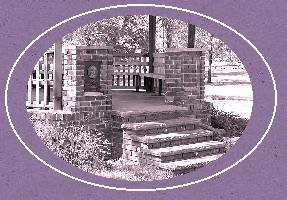 |
Park.
It became much more of a family-oriented attraction, ultimately growing
to become the largest amusement park between New York and Chicago. The
vast grand ballroom at this park saw weekly appearances
|
by
many famous bands through the “Big Band” music era. The importance of music
to the cultural life of this area is reflected in the “Polka Hall of Fame”
that is located in Euclid, (and the later expression of that heritage,
the “Rock and Roll Hall of Fame” in
|
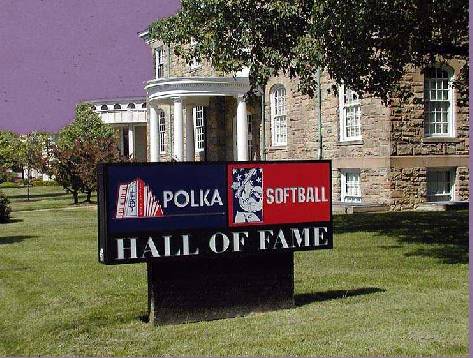 |
Cleveland).
Today, the Euclid Orchestra presents a series of classical music concerts
through the year.
It was not
until 1930, however, that the resident population grew large enough for
Euclid to be classified as an Ohio city. Growth was swift during the years
of World War II, when many large industries began to locate there.
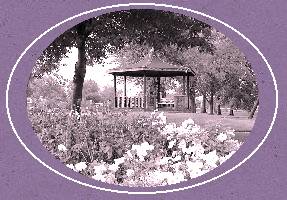
|
General
Motors built an aircraft plant in Euclid, and later an auto body plant
and construction equipment factory. Companies such as Reliance Electric,
Lincoln Electric, Addressograph, Chase Copper and Brass, TRW, Eaton and
many others also built large factories. Although the jobs and tax revenues
associated with this growth were welcome, the unbridled nature of this
|
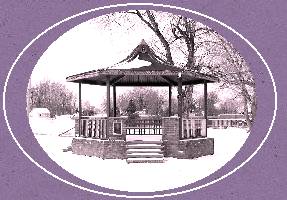
|
growth
had some undesired impact on the living conditions in Euclid neighborhoods.
Euclid attempted to limit the damage by instituting zoning ordinances that
segregated industrial and residential areas. A legal challenge to this
system was upheld by the Supreme Court in favor of the city, and it soon
became the model for similar statutes throughout the United States.
A
generation later, the situation reversed, with obsolescence and foreign
competition forcing the closure and abandonment of these factories. Parts
of the city began to deteriorate as residents left for employment elsewhere
and
property
values declined.
Euclid
had to redefine itself as a commercial and residential-oriented suburb
of Cleveland. Lakefront property, valued for its scenic views, was acquired
by developers and a chain of high-rise apartment buildings were constructed
across the breadth of the city. This helped arrest the population decline
|
With
the change in the city's demographics brought on by these events,the bandstand
in Euclid seems a quaint
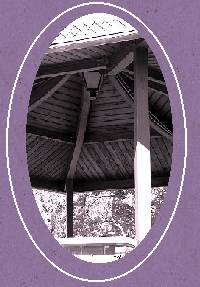
|
reminder
of a time long ago. Sadly, it is not used frequently, and public music
performances in Euclid are today mostly held at other locations. The little
bandstand at Euclid Park is adjacent to the city’s senior center. It was
a gift to the city built in 1984 in memory of a man who owned a stone
and gravel business and who had been awarded
|
many
supply contracts by the city over his lifetime.
|
 |
|
|
|
and
maintain Euclid’s reputation as a desirable residential community. |
|
|
Crédits
|

|
Links
|
|
Pictures
and information
|
Vic Cooke
|
pbase Artist
Vic Cooke
|

|
 |
To see it
on Google-Earth
|
Lattitude
: 41.610
|
|
Longitude
: -81.527
|
|
|

|
|
|